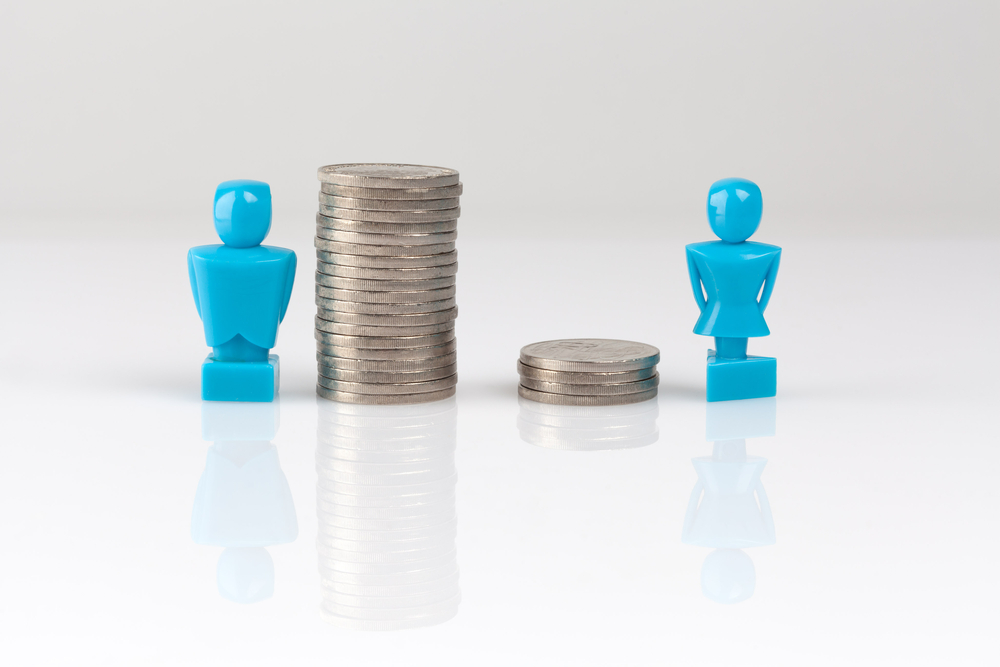News
Basic ‘gender pensions gap’ tops £100,000

The basic ‘gender pensions gap’ could stand at £108,000 when life expectancy is taken into account, research reveals.
Men anticipate they’ll have an annual retirement income of £19,748 while women expect to earn a modest £14,833 in later life.
But once life expectancy is considered (females have higher life expectancy), the analysis from CEBR on behalf of equity release lender more2life suggests the gender pay gap could be as much as £108,130.
This rises to £186,120 for women who are married or in a relationship with men anticipating they will receive £8,460 more annually than their partners in retirement.
The gap is also evident among younger couples in retirement as on average, men aged 54-64 expect to receive (or currently receive) nearly £6,000 more than their female partners.
For single men aged over 55, they expect to receive around £3,750 more a year than single women of the same age.
As women tend to outlive men, this gap in pension income can have “serious knock on effects” as they struggle to fund a longer retirement on a lower income.
The CEBR analysis also found that 76% of men and 73% of women over the age of 54 rely on the state pension but men are more likely to depend on private sources of income.
Nearly half of men said their income comes from a final salary or defined benefit workplace pension while for women, this number stands at a third.
Further, the CEBR noted that men are more likely to have sole ownership of the majority of assets that make up their retirement wealth. Just 13% of women said their wealth exceeds that of their partner’s.
Physical items of high value, such as vehicles, are also more popular among men aged 54 and over, the survey of 1,029 people revealed.
But women over the age of 54 are more likely to have cash savings and property wealth independent of their spouse or partner. Over two in five (43%) women hold cash savings independently compared to 38% of men, while 26% of women said they are the sole owners of property wealth compared to 19% of men. For 29% of women, they said they don’t own property wealth at all, compared to just a quarter of men (25%).
Dave Harris, chief executive officer at more2life, said the findings put a price tag on gender and suggest that while women may live longer, their financial circumstances often mean this needs to be done on a more frugal basis than their male counterparts.
“This stark difference highlights not only the need to address the root causes of financial gender inequality but the need to better support women both in the lead up to and during later life. Part of that is encouraging them to think carefully about how they will fund their retirement using all of their available assets including their housing wealth,” he said.
Harris added: “Nowadays, people approaching later life often need to fund a longer and more active retirement than their parents, but with smaller pensions. As such, it’s crucial for current and future retirees to consider how assets such as property could help them form a more holistic financial plan for their later years.”